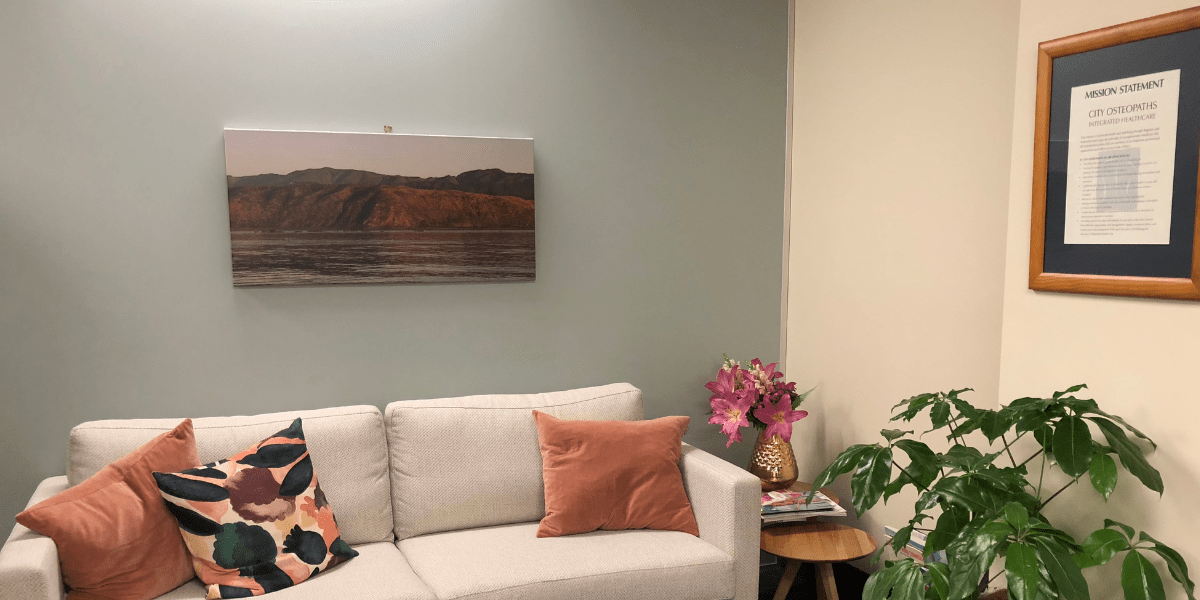1 in 6 New Zealanders are living with chronic pain
1 in 4 New Zealanders are living with a chronic disease
Here are some handy general tips to help maintain health and reduce pain:
DIET:
Food has the potential to be anti-inflammatory or pro-inflammatory. When you are in pain reducing inflammation is a key to feeling better.
Sugar, alcohol, processed foods and dairy are all highly inflammatory
The Mediterranean diet is recognised as having the best health benefits in protecting against disease and reducing inflammation
Key components of this diet are extra virgin olive oil, garlic, cold water oily fish, nuts & seeds, and a variety of vegetables
Did you know compounds in extra virgin olive oil have a similar anti-inflammatory effect in the body to ibuprofen
Gut microbiome: 100 trillion good and bad bacteria live inside your gut. Too much bad bacteria creates inflammation in your body. Keeping sugar intake low and eating a variety of colourful fruits and veggies is a great way to ensure the good bacteria is flourishing.
SUPPLEMENTS:
Supplements can be a great adjunct to a healthy diet when trying to manage pain. It is always recommended to get professional advice to see what would be best suited for you
Buying quality products and taking therapeutic doses is very important to ensure you are receiving the full benefit. Supplements proven to reduce inflammation include;
Vitamin C – which is also used up quickly by stress and smoking so supplementation may be required to achieve optimal levels
Omega 3’s are renowned for anti-inflammatory properties as well as its positive effects on brain and joint health
Curcumin is the active ingredient in turmeric but not particularly bioavailable meaning supplementation is often required to get therapeutic levels
SUNSHINE:
Vit D from the sun is not only great for bone health but also supports the musculoskeletal and nervous system
Getting morning sun helps to regulate your circadian rhythm, meaning a much better night’s sleep
10-20 mins of midday sun directly to your skin is recommended at least 3X a week to maintain sufficient Vit D levels
A good quality supplement may be essential during cloudy months or for those who spend most of the daylight hours inside
SLEEP:
Is a critical part of recovery from any injury, a time where our body can heal and reset
Reduced sleep leads to increased inflammation and reduced tolerance to pain
8hrs of sleep a night is considered optimal, very few people can function optimally on less sleep than this over a long period of time
Exercise:
Regular exercise leads to reduced inflammatory markers in the blood
As little as a 20min walk a day can begin to make a difference to inflammation levels
Exercise regulates stress levels, sleep and mood all of which contribute to pain
As the video discusses pain can become a learnt behaviour, retraining your body through specific exercises under the guidance of a health professional will improve function and reduce pain flare-ups
It is important to remember that there is rarely a single contributor to pain meaning multiple small changes are key to improvement.
Having health professionals on your team can help you to develop a plan and achieve optimal outcomes for pain management. A collaborative approach is often required which may involve include psychologists, osteopaths, naturopaths and GPs to achieve the best therapeutic outcomes for you.
To find out more about the author Emma Click Here



